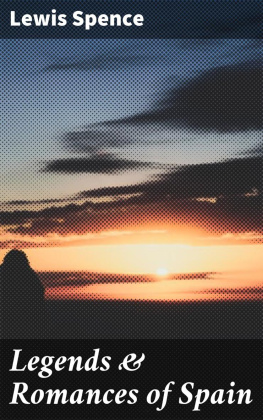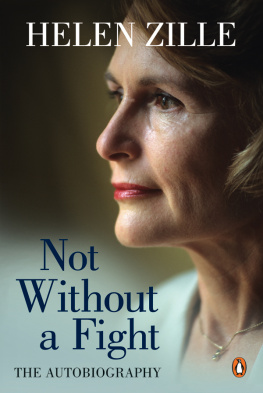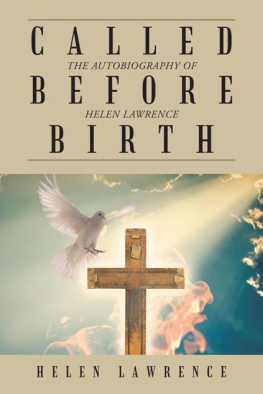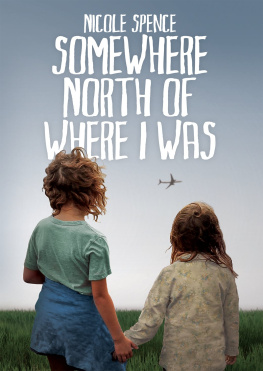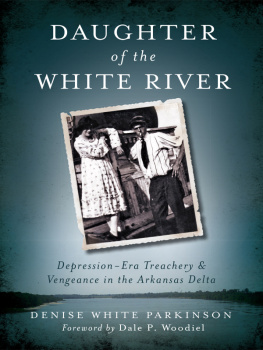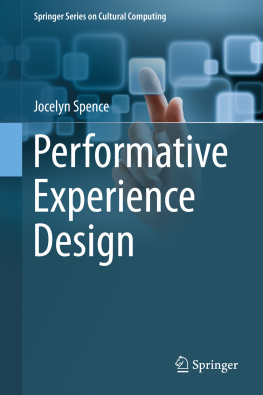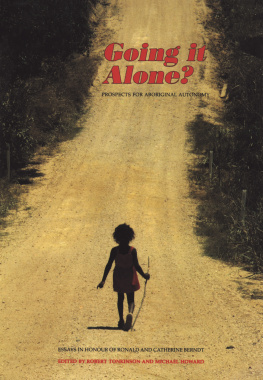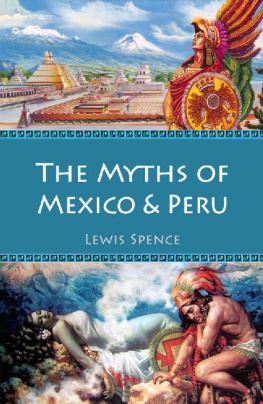CONTENTS
| CHAPTER I. |
| CHAPTER II. |
| CHAPTER III. |
| CHAPTER IV. |
| CHAPTER V. |
| CHAPTER VI. |
| CHAPTER VII. |
| CHAPTER VIII. |
| CHAPTER IX. |
| CHAPTER X. |
| CHAPTER XI |
| CHAPTER XII. |
| CHAPTER XIII. |
| CHAPTER XIV. |
| CHAPTER XV. |
| CHAPTER XVI. |
| CHAPTER XVII. |
| CHAPTER XVIII. |
| CHAPTER XIX. |
| CHAPTER XX. |
| CHAPTER XXI |
| CHAPTER XXII. |
| CHAPTER XXIII. |
| CHAPTER XXIV. |
CHAPTER I.
EARLY LIFE IN SCOTLAND.
Sitting down at the age of eighty-four to give an account of my life, I feel that it connects itself naturally with the growth and development of the province of South Australia, to which I came with my family in the year 1839, before it was quite three years old. But there is much truth in Wordsworth's line, "the child is father of the man," and no less is the mother of the woman; and I must go back to Scotland for the roots of my character and Ideals. I account myself well-born, for My father and my mother loved each other. I consider myself well descended, going back for many generations on both sides of intelligent and respectable people. I think I was well brought up, for my father and mother were of one mind regarding the care of the family. I count myself well educated, for the admirable woman at the head of the school which I attended from the age of four and a half till I was thirteen and a half, was a born teacher in advance of her own times. In fact. like my own dear mother, Sarah Phin was a New Woman without knowing it. The phrase was not known in the thirties.
I was born on October 31, 1825, the fifth of a family of eight born to David Spence and Helen Brodie, in the romantic village of Melrose, on the silvery Tweed, close to the three picturesque peaks of the Eildon Hills, which Michael Scott's familiar spirit split up from one mountain mass in a single night, according to the legend. It was indeed poetic ground. It was Sir Walter Scott's ground. Abbotsford was within two miles of Melrose, and one of my earliest recollections was seeing the long procession which followed his body to the family vault at Dryburgh Abbey. There was not a local note in "The Lay of the Last Minstrel" or in the novels. "The Monastery" and "The Abbot," with which I was not familiar before I entered my teens. There was not a hill or a burn or a glen that had not a song or a proverb, or a legend about it. Yarrow braes were not far off. The broom of the Cowdenknowes was still nearer, and my mother knew the words as well as the tunes of the minstrelsy of the Scottish Border. But as all readers of the life of Scott know, he was a Tory, loving the past with loyal affection, and shrinking from any change. My father, who was a lawyer (a writer as it was called), and his father who was a country practitioner, were reformers, and so it happened that they never came into personal relations with the man they admired above all men in Scotland. It was the Tory doctor who attended to his health, and the Tory writer who was consulted about his affairs.
I look back to a happy childhood. The many anxieties which reached both my parents were quite unknown to the children till the crisis in 1839. I do not know that I appreciated the beauty of the village I lived in so much with my own bodily eyes as through the songs and the literature, which were current talk. The old Abbey, with its 'prentice window, and its wonders in stonecarving, that Scott had written about and Washington Irving marvelled at"Here lies the race of the House of Yair" as a tombstonehad a grand roll in it. In the churchyard of the old Abbey my people on the Spence side lay buried. In the square or market place there no longer stood the great tree described in The Monastery as standing just after Flodden Field, where the flowers of the forest had been cut down by the English; but in the centre stood the cross with steps up to it, and close to the cross was the well, to which twice a day the maids went to draw water for the house until I was nine years old, when we had pipes and taps laid on. The cross was the place for any public speaking, and I recalled, when I was recovering from the measles, the maid in whose charge I was, wrapped me in a shawl and took me with her to hear a gentleman from Edinburgh speak in favour of reform to a crowd gathered round. He said that the Tories had found a new namethey called themselves Conservatives because it sounded better. For his part he thought conserves were pickles, and he hoped all the Tories would soon find themselves in a pretty pickle. There were such shouts of laughter that I saw this was a great joke.
We had gasworks in Melrose when I was 10 or 11, and a great joy to us children the wonderful light was. I recollect the first lucifer matches, and the wonder of them. My brother John had got 6d. from a visiting, uncle as a reward for buying him snuff to fill his cousin's silver snuffbox, and he spent the money in buying a box of lucifers, with the piece of sandpaper doubled, through which each match was to be smartly drawn, and he took all of us and some of his friends to the orchard, we called the wilderness, at the back of my grandfather Spence's house, and lighted each of the 50 matches, and we considered it a great exhibition. 'MY grandfather (old Dr. Spence) died before the era of lucifer matches. He used to get up early and strike a fire with flint and steel to boil the kettle and make a cup of tea to give to his wife in bed. He did it for his first wife (Janet Park), who was delicate, and he did the same for his second wife until her last fatal illness. It was a wonderful thing for a man to do in those days. He would not call the maid; he said young things wanted plenty of sleep. He had been a navy doctor, and was very intelligent. He trusted much to Nature and not too much to drugs. On the Sunday of the great annular eclipse of the sun in 1835, which was my brother John's eleventh birthday, he had a large double tooth extractednot by a dentist, and gas was then unknown or any other anaesthetic, so he did not enjoy the eclipse as other people did. It took place in the afternoon, and there was no afternoon church.
In summer we had two servicesone in the forenoon and one in the afternoon. In winter we had two services at one sitting, which was a thing astonishing to English visitors. The first was generally called a lecturea reading with comments, of a passage of Scripturea dozen verses or moreand the second a regularly built sermon, with three or four heads, and some particulars, and a practical summing up.
Prices and cost of living had fallen since my mother had married in 1815, three months after the battle of Waterloo. At that time tea cost 8/0 a lb., loaf sugar, 1/4, and brown sugar 11 1/2d. Bread and meat were then still at war prices, and calico was no cheaper than linen, and that was dear. She paid 3/6 a yard for fine calico to make petticoats. Other garments were of what was called home made linen. White cotton stockings at 4/9, and thinner at 3/9 each; silk stockings at 11/6. I know she paid 36/ for a yard of Brussels net to make caps of. It was a new thing to have net made in the loom. When a woman married she must wear caps at least in the morning. In 1838 my mother bought a chest of tea (84 lb.) for 20 pounds, a trifle under 5/0 a lb.; the retail price was 6/0it was a great saving; and up to the time of our departure brown sugar cost 7 1/2d., and loaf sugar 10d. It is no wonder that these things were accounted luxuries. When a decent Scotch couple in South Australia went out to a station in the country in the forties and received their stores, the wife sat down at her quarter-chest of tea and gazed at her bag of sugar, and fairly wept to think of her old mother across the ocean, who had such difficulty in buying an ounce of tea and a pound of sugar. My mother even saw an old woman buy 1/4oz. of tea and pay 11/2d. for it, and another woman buy 1/4lb. of meat.



